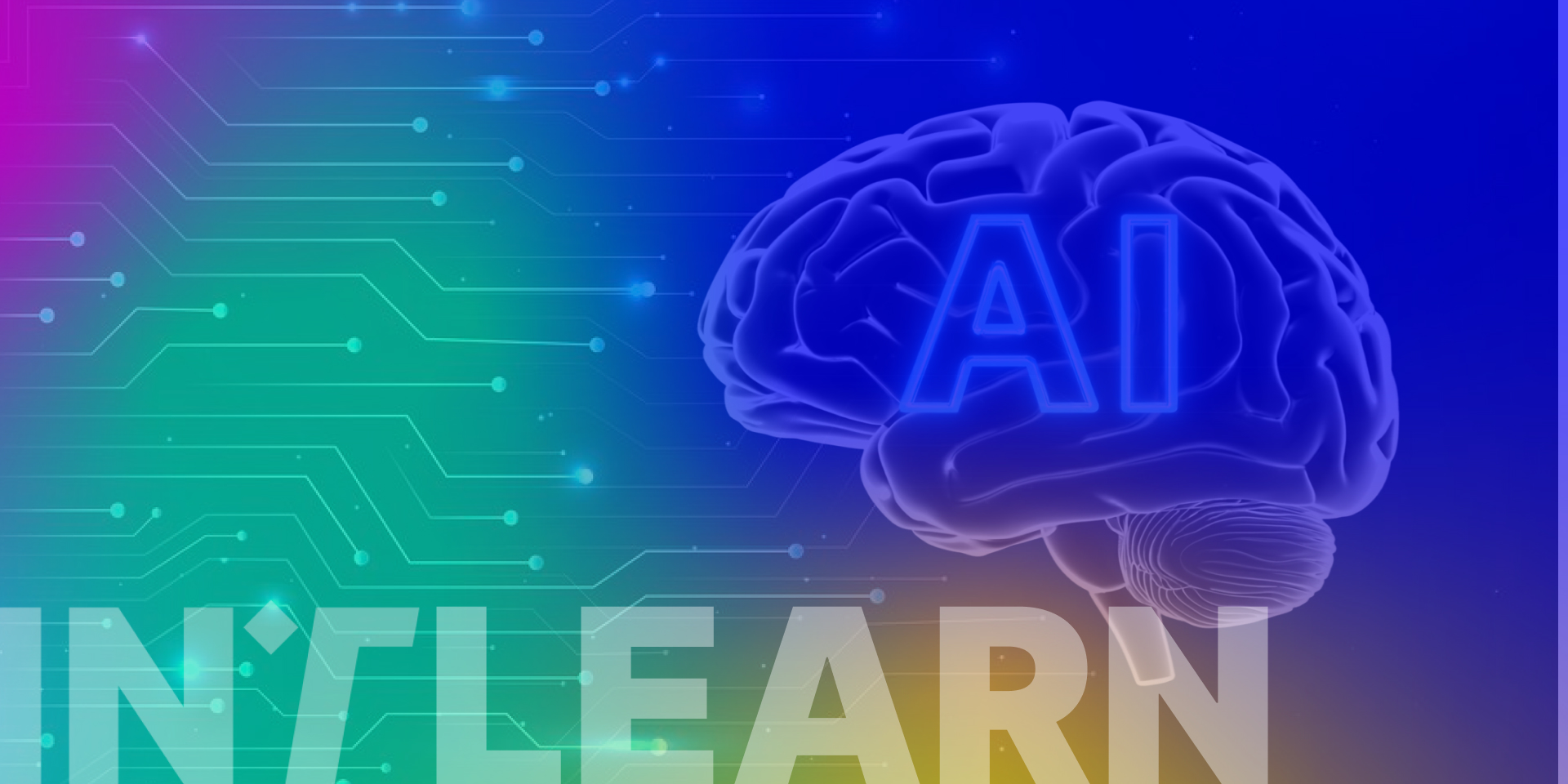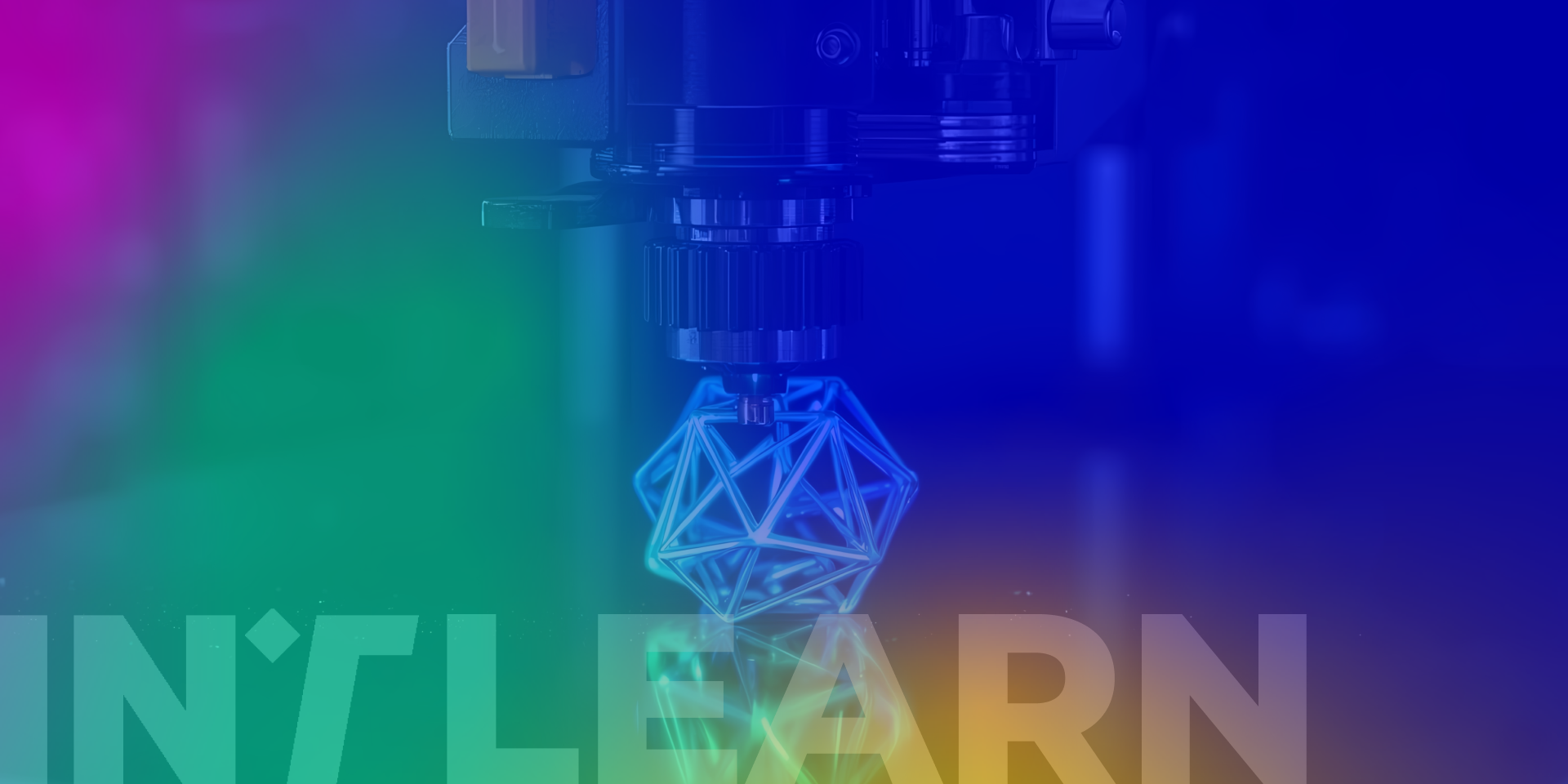Functionalities and fields of application about Artificial Intelligence
Artificial Intelligence (AI): is a branch of computer science that develops systems capable of performing tasks typically associated with human intelligence. These abilities include reasoning, learning, pattern recognition, and natural language understanding.
There are different functionalities and fields of application about Artificial Intelligence.
First of all, there is Machine Learning, which allows systems to improve their performance by analyzing large amounts of data, without being explicitly programmed. Instead, Natural Language Processing is used to allow machines to understand, interpret and generate texts, as is the case with chatbots and virtual assistants. Lastly, Computer Vision allows systems to see and analyze images and videos, making them useful in areas such as diagnostic imaging or facial recognition. Other important features include speech recognition, used for example in voice assistants, and intelligent robotics, which allows physical robots to interact autonomously with the environment.
FUNCTIONALITY
Artificial Intelligence can be categorized into three main types:
- Narrow Artificial Intelligence (ANI), composed of systems designed to perform a single specific task with high performance, often superior to that of humans. Some examples are voice recognition (such as Siri or Alexa), image classification, recommendation engines and chatbots. ANI does not have awareness or the ability to transfer knowledge from one context to another, but it is the most widespread and operational category of AI currently.
- General Artificial Intelligence (AGI), should be able to perform any human cognitive activity. It is a type of AI still in the design phase, capable of replicating human intelligence in a broad sense. An AGI system could understand, learn and apply knowledge in different fields, adapt to new situations, solve complex problems and improve itself autonomously over time.
- Artificial Super Intelligence (ASI – Artificial Super Intelligence), represents a hypothetical AI capable of surpassing human cognitive abilities in every field: creativity, problem solving, leadership, scientific and ethical decision-making. ASI is often discussed in philosophical and futurist contexts, and is the object of increasing attention from the scientific community for its potentially existential implications.
GENERATIVE ARTIFICIAL INTELLIGENCE
Generative Artificial Intelligence is a type of Artificial Intelligence that leverages Machine Learning algorithms to create new and original content, such as texts, audio, images, videos, and computer code, which once required human creativity. This innovative capability has been made possible by the massive availability of data from the Internet, IoT, and digitalization, which provide the system with the foundations upon which to learn to generate. Furthermore, there has been a significant evolution in the AI algorithms and models underpinning this technology, and the advancement of cutting-edge hardware has made new generations of devices increasingly powerful.
The content generation of Generative AI is made possible by advanced Machine Learning systems, trained on vast datasets to produce outputs that appear to be human-created. Machine Learning allows systems to learn from data and improve with experience without explicit programming. Within this field, Deep Learning is an effective approach that employs artificial neural networks with many hidden layers. These networks give rise to the so-called Foundation models, which constitute the heart of Generative AI.
FIELDS OF APPLICATION
These capabilities find applications across a wide range of sectors.
In the healthcare field, AI assists doctors in the early diagnosis of diseases, in analyzing complex exams such as CT scans and MRIs, and in drug development through molecular simulations. In the financial sector, it is used for predictive market analysis, risk assessment, automated investment management, and fraud detection. In industry, AI boosts productivity through process automation, predictive maintenance of machinery, and real-time visual-based quality control. In commerce and marketing, it enables personalized customer experiences, inventory optimization, and automated interactions via virtual assistants.
Education also benefits from AI, with the introduction of intelligent tutors that adapt to students’ learning pace, automatic grading systems, and tools for inclusive education. In transportation, AI plays a key role in developing autonomous vehicles, managing traffic intelligently, and optimizing routes. In agriculture, it is used to monitor crop conditions through drones and sensors, forecast yields, and analyze soil quality. Finally, in public administration, AI can simplify bureaucratic procedures, improve public service delivery, and support better-informed decision-making through data analysis.






